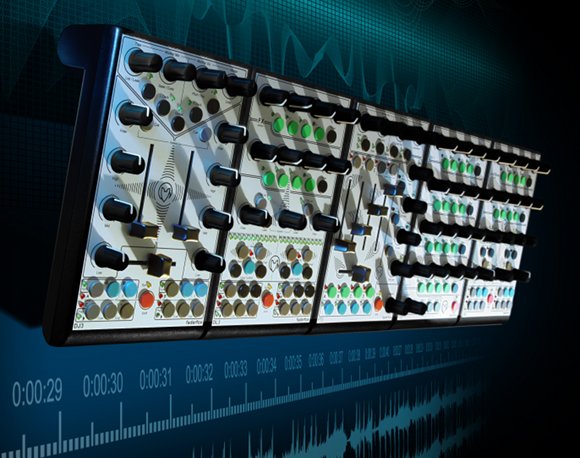
Ready for some superior German engineering in your controller hardware? Before the APC or the Launchpad, before the Kontrol X1 from NI, Faderfox was the underground, boutique choice for controllers. “Professionally” made in Germany, the devices really are little tanks. They have incredibly solid-feeling buttons and knobs, and as opposed to the sprawling form factors of the consumer controllers, all that power is packed into a compact case. Whereas many controller layouts are combinations of relatively generic compromises, the Faderfox has also been tightly optimized for use with software like Traktor and Ableton Live.
That’s not to say the previous Faderfox wasn’t without some idiosyncrasies. In undying devotion to MIDI, they contained only MIDI DIN ports – no USB. That also meant that, for power, you needed to either plug them in or use 9V batteries.
No more: a refresh to the model improves controls, and adds driver-less USB support and USB bus power. That means you can plug them into any Mac, Windows, or Linux PC directly, without the need for drivers, and power from your computer reliably without an additional connection. (The power consumption on these devices is also very low, at 500mW / 100mA – a big deal, as the actual power produced by laptop USB ports can be unreliable.)
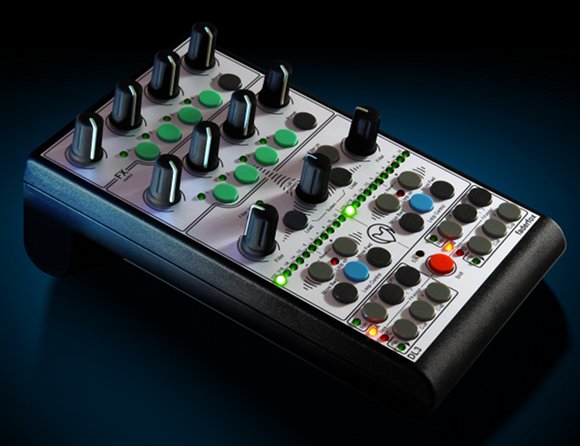
Advanced digital DJs should also appreciate the new access to four decks and four effects slots. As before, different models cater to different applications, like loop control or DJ mixing. Curiously, the references to Ableton Live have been largely removed, and you won’t find a model for triggering clips, but I don’t see why the DJ-style layouts couldn’t be used for live PA-style Live sets, too.
The only bad news (depending on preference): no more endless encoders. I should just have a static page on CDM that I can link to that points out that endless encoders and knobs with limited range each have their own advantages and their own adherents. But from comments, current FaderFox owners aren’t pleased with the change.
We’ve got pictures of all the models here.
There’s only one downside to the USB embrace, which is that you don’t get the ability to control synths and hardware; the MIDI DIN connections are gone. So, if you were coupling one of these with a Machinedrum or something, you may want to seek out the old models before they’re gone.
I still love my second-generation Faderfoxes, but this could be reason to upgrade for those with some extra cash, and it removes the obstacles that might have frightened people away from this line in the past. I really have to say, while the prices are high, the quality is exceptional. I’ll be in touch with creator Mathias more to talk about how to best set up these controllers for your rig.
There’s also a new, more extensive site, replacing the more primitive predecessor:
http://www.faderfox.de/
So, any devoted Faderfox users out there?
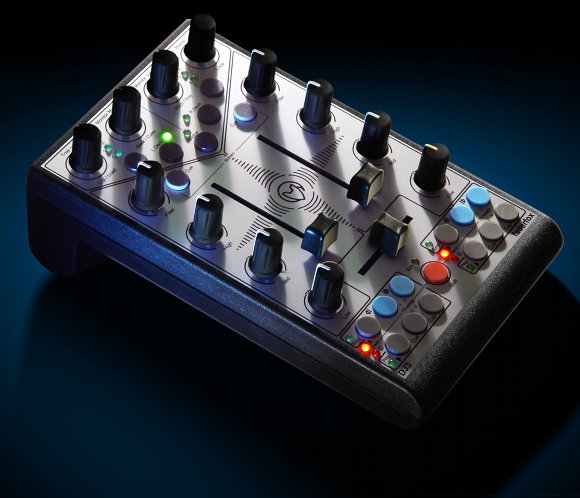
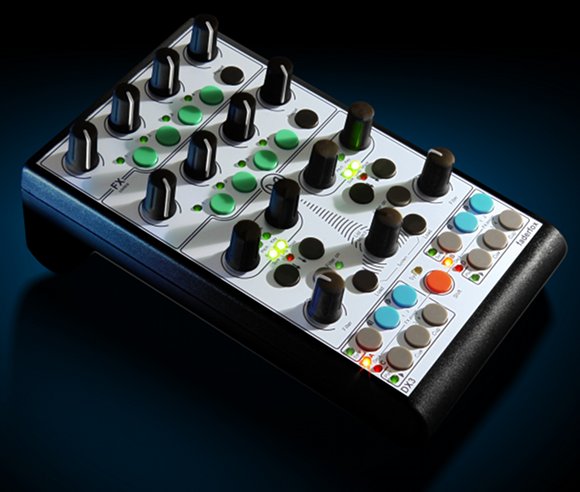
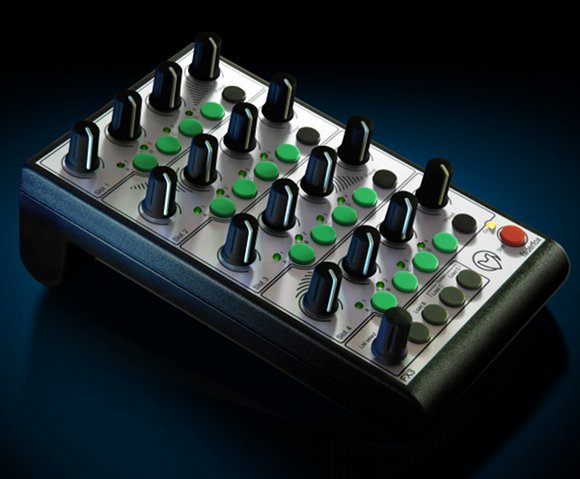
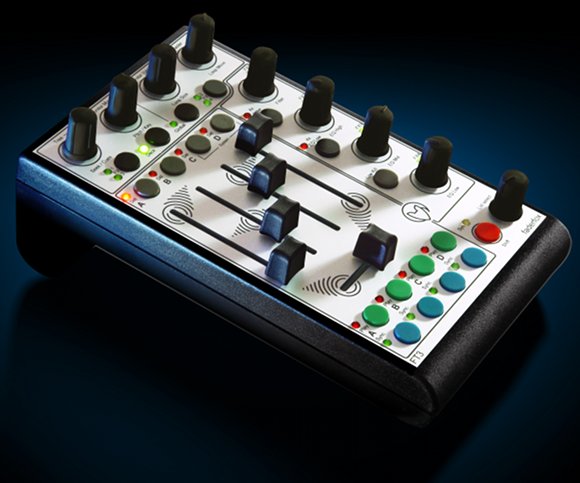
What about Ableton Live? See comments below; Faderfox’s creator is readying a new Live controller, too, and a successor to the previous LV2. Stay tuned.